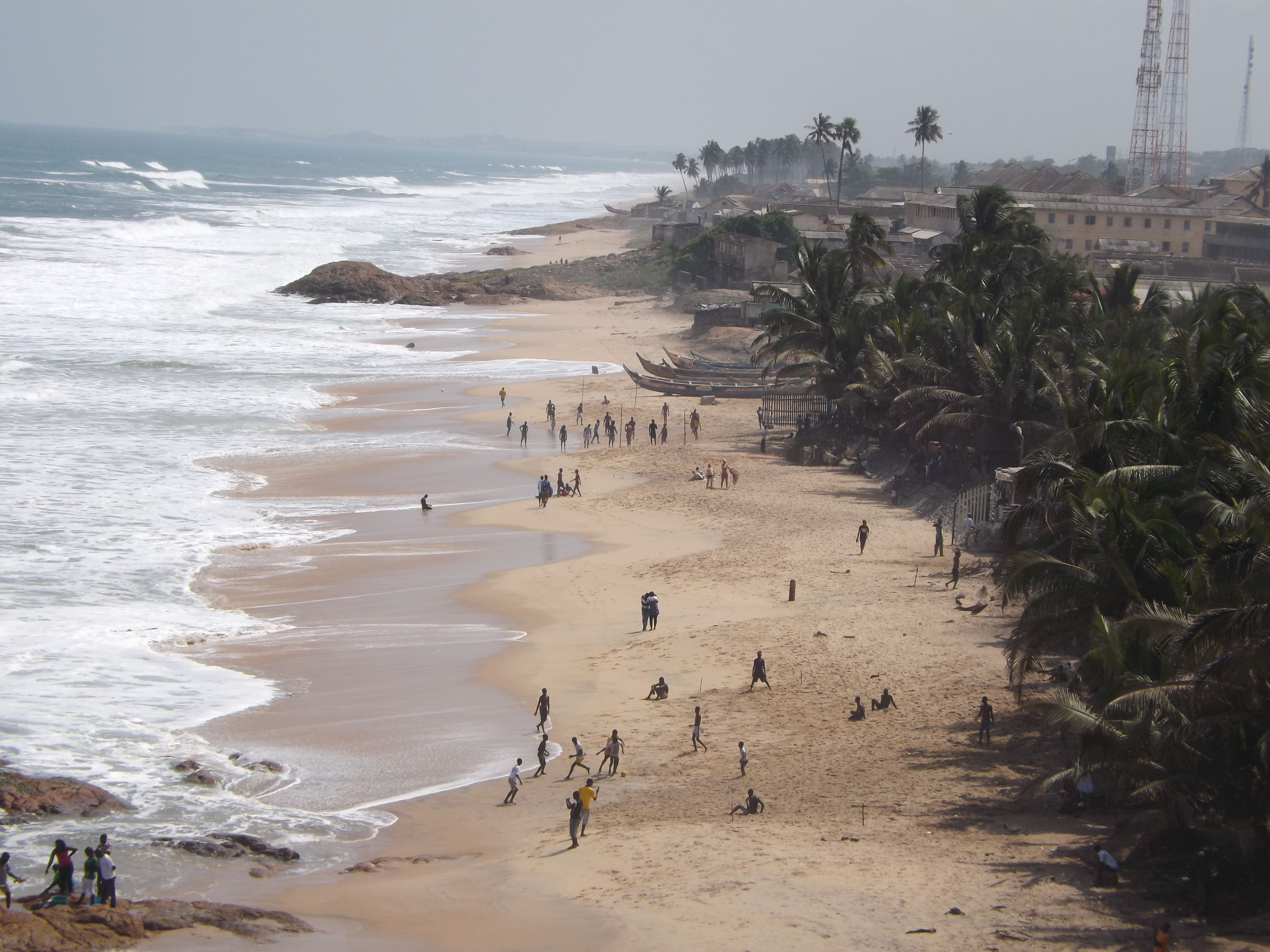My understanding of this part of the world has been constructed by stories. I loved the Lion King, and for a portion of my life that was the foundation for my African construct. I had a fondness for the stuffed lion that guarded my top-bunk. I consumed every story I could find about cheetahs, elephants, giraffes, hippos and the other citizens of Africa. To 8-year-old me, Africa was a land ruled by beast. I suppose the people were an afterthought.
Non-Egyptian Africa was not mentioned in school other than African folk tales and folk songs, which further distanced Africa from being understood as real. It didn’t help in high school when my world history textbook had one chapter on the history of Africa, and it was something you got out of the way before you began everything else. The stories I heard on the news were of war, genocide, child soldiers, corruption, and a general lack of civilization. Those stories were along ways from my childhood Lion King “akunamatata”, but they certainly continued to shape how I viewed this continent. All the stories of Africa, mentioned and not mentioned, reinforced a common theme. Africa was different. Now here I am in Africa as a communications professional and in some capacity a storyteller. The question that I face and so does everyone else on this trip is, “How do we tell the story?”
The slow and highly unpredictable Internet has kept most everyone from posting pictures to Facebook or the Media in Ghana blog. If it wasn’t for the painfully slow Internet, I am sure we would have all raced to our computers after the first few days and excitedly blasted everyone at home with the images we had captured. As we spend more time in Ghana and begin to develop an understanding based off of our own experiences rather than the stories of our past, we realized our role as storytellers is much more complicated than simply posting our pictures. What story will our pictures tell? Is the story genuine or will we be perpetuating false constructs that have embedded themselves into most American’s view of Africa?
This morning at breakfast the question was raised whether posting any pictures without textual context should be done at all? The question is fair, and I am frankly glad we have been unable to post “Ghana” albums to Facebook for our friends and family to look through. We spent the first week taking pictures of the unfamiliar, things that stood out as different, because they were the most interesting. It was not because they told the most genuine stories.
My camera is full of abject poverty, depressing squalor, humorous business names, and cityscapes. These pictures are in fact largely an accurate visual depiction of Ghana, but they are devoid of the rich social interactions, experiences, and general cultural understanding that we as a group have only begin to scratch the surface of. They are pictures devoid of voice, a voice that this country and continent deserve, a voice that tells the story of how we are the same rather than how we are different. A voice that was distinctly absent from the stories I had come into contact with before coming here. I hope that as we go forward here, we tell the story of this place to our family, friends, and university community and fill those stories with a little bit of that voice that can help to alter an unfair perception of this beautiful place full of beautiful people.

